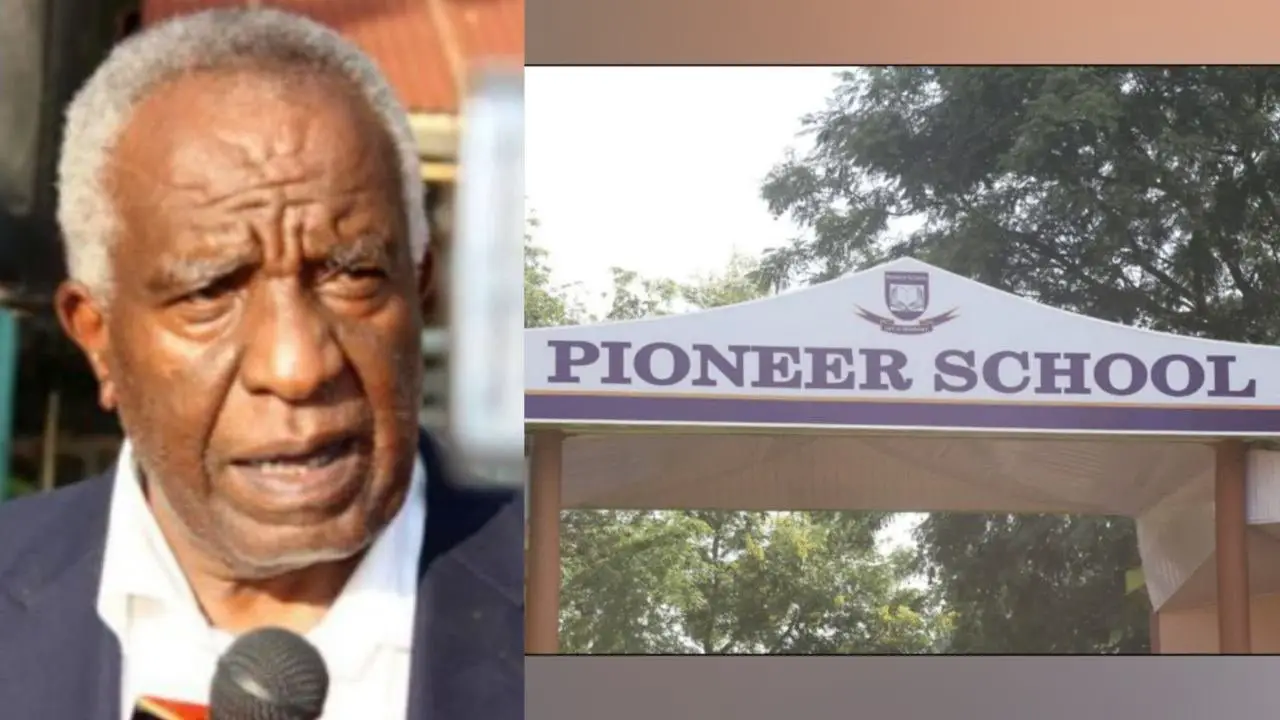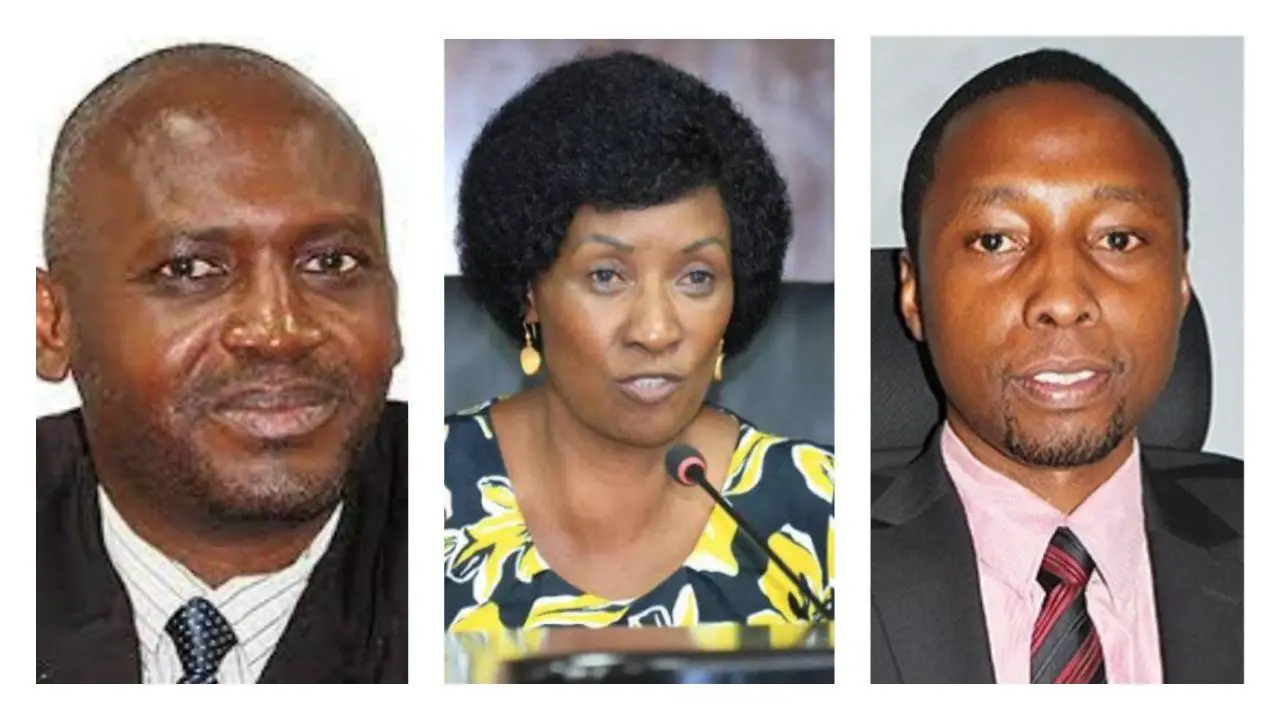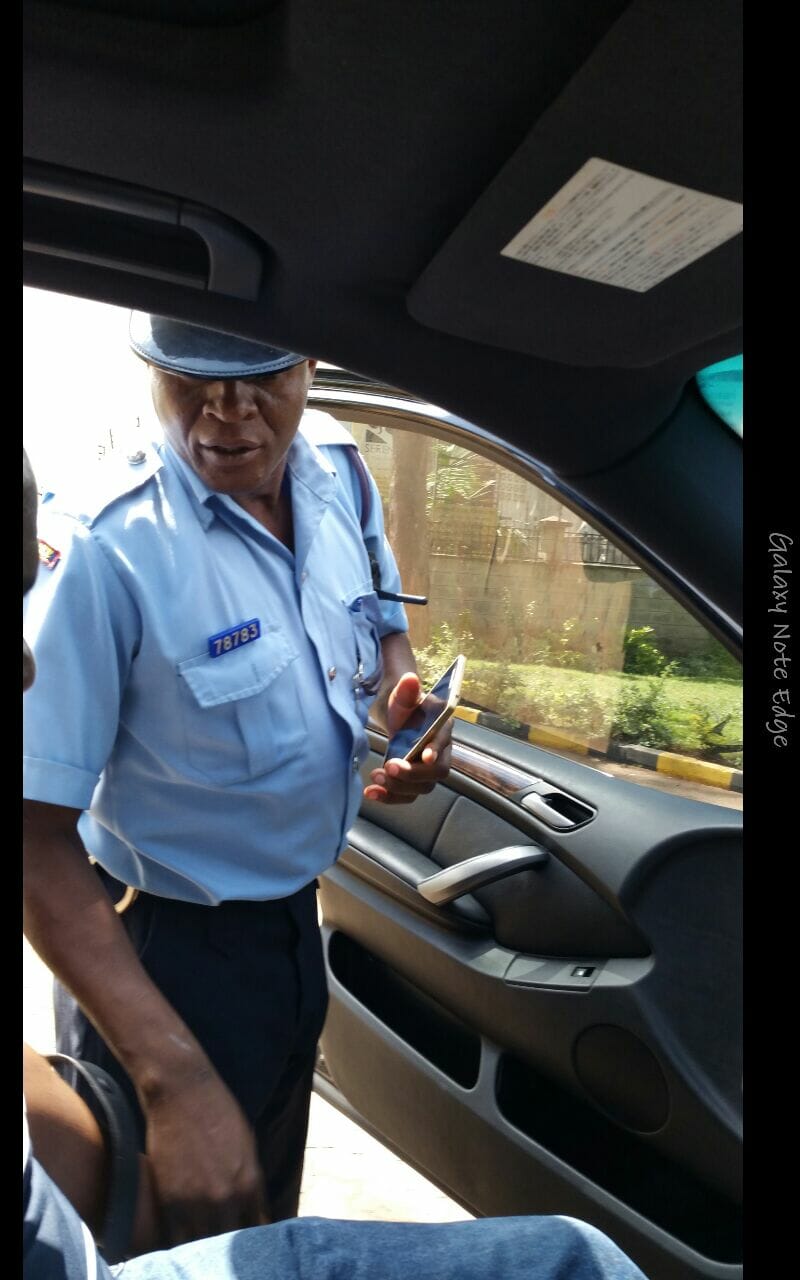Yesterday, we carried an expose’ on how Aga Khan University Hospital – Nairobi mistreated a client.
Read below:
[EXPOSÉ] Money Over Professionalism: The Shame of Aga Khan University Hospital Nairobi
In the statement Aga Khan Hospital defended itself against allegations by the patient whom they go ahead to name despite our best efforts to conceal the identity. Is this how it should be done?
Clearly, the patient had reason to be angry at the poor quality of services. Services at the hospital have deteriorated and how does the patient know this? According to the audio we received (2 and half hours of audio), the patient says his family has been treated at the hospital for a long time. They know the community well.
This is how he knows that service standards have gone down.
In the audio, the patient also states that the medical workers at the hospital are overworked.
Below is Aga Khan’s half-baked response.
The Aga Khan University Hospital
Statement on a Patient Complaint
Our attention has been drawn to a blog article published on Saturday March 30. 2019, alleging that a patient did not receive proper attention at the Aga Khan University Hospital, Nairobi (AKUH, N).
We take the concerns of our patients very seriously, as evidenced last week when the management immediately assembled 14 members of staff from three departments (Emergency, Critical Care Unit, and Quality) to listen to and address the concerns of Mr. and Mrs. Bank. This happened within 45 minutes of receiving the request, to meet the same clay – Thursday March 28th, 2019.
During the meeting, the couple exhibited inappropriate language and hostile behavior. As a result, the CEO formally excused himself from the meeting with a view to de-escalating the situation. He knew that his colleagues in the meeting were fully capable and empowered to handle the situation.
The Hospital policy and the requirements of the accreditation body (Joint Commission International) do not permit an to discuss patient care issues in public. However, we are transparent, able and willing to share specific information with authorities with jurisdiction over delivery of healthcare in Kenya to provide all the facts and details about what transpired during the stay of Mr. Bank at the hospital. We know that patients need tenderness and compassion to speed up their healing. They also need to be heard, and this is why we listen very carefully and act swiftly when a patient has a complaint. Mr. Bank is no exception. We will be following up on internal processes to gather more information on the issues raised. All hospital equipment is maintained by our own biomedical engineering staff and manufacturers’ technicians based on the manufacturers’ recommendations.
AKUH, N provides emergency care for more than 100,000 patients per year at its Accident and & Emergency unit. Even with 99.99% of the patients expressing satisfaction in A & E means that there are 10 patients who might have the perception of not receiving immediate and proper attention. The average waiting time in A&E in developed economies is between 28-53 minutes for triage and another 90-120 minutes for treatment. This translates to 2-3 hours waiting period. As Mr. Bank acknowledged, he came to AKUH, N with an underlying condition and within 7 minutes he was accommodated and subsequently admitted to the appropriate ward. He stated that he walked out of the hospital on his own, which is testament that he was provided with excellent medical care which addressed his medical condition upon arrival. We wish him continued good health.
Each day, AKUH, N strives to provide quality care for the more than 900,000 patients who visit the institution yearly. Our accreditation from US-based Joint Commission International, the College of American Pathologists, and various ISOs indicate our commitment to quality patient care.
END

















































